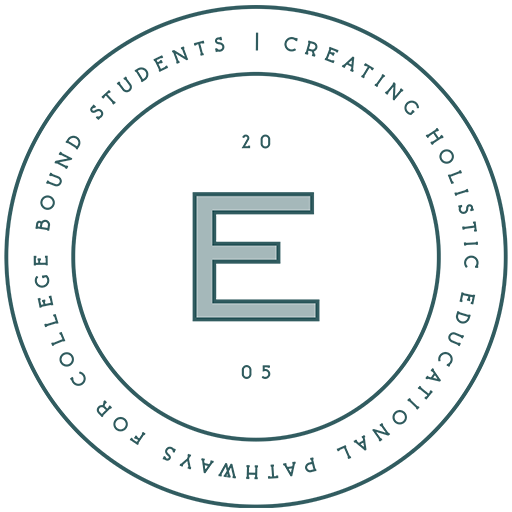
I LOVE Sparklers!
My childhood memories of the 4th of July consist of racing through the thick green-blue grass of Kentucky with fiery sicks crackling through the dusk. loved feeling so powerful, so independent.
It seems like independence day is a great time to reflect on why raising independent children is important. So, as we celebrate the spirit of freedom and independence, I want to know your thoughts: Do you think that growing good humans means raising “INDEPENDENT” Humans?
When I wrote the Entitlement Antidote in 2015, I hoped to empower parents EARLY with tips on how to raise independent, responsible, and creative citizens!
My message was GREAT parenting mimics living on a “family farm.” So, if everyone is doing their part, then EVERYONE in the family system benefits.
Good Humans are citizens who feel connected and part of something bigger than themselves.
Teenagers are CRAVING to prove that they can be independent.
- It is the job of teens to individuate so they can FLY from the nest.
- Teenagers love practicing adulting while they are home when the stakes are low!
- Teenagers who get to practice being an adult at home are more likely to succeed in college and beyond!
Parents are CRAVING TIPS on how to support their independent teens.
In my first meeting with parents, I ask the following:
- Does your child have a driver’s license?
- Do they make dinner and clean the kitchen?
- Do they have weekly chores?
- Do they manage their own money?
- Do they manage medications and appointments?
- Can your child navigate public transportation?
- Does your student know what it means to be a sexual citizen?
These questions paint a picture of the type of adult responsibilities the students have. Parenting (and coaching our students) is always most successful when I choose curiosity over judgment! I ALWAYS assume the BEST! When I’m coaching parents, I encourage them to do the same. Get Curious, and keep an open mind.
My favorite questions to build toward independent humans are:
- How do you encourage curiosity? Create an environment that stimulates your student’s natural curiosity. Let them explore and ask questions. Foster a sense of wonder and provide opportunities for them to learn through discovery.
- How do you embrace failure? Failure is not something to be feared but rather an essential part of the learning process. Encourage your student to take risks and embrace challenges. When they stumble, be there to guide them, help them reflect on their experiences, and extract valuable lessons.
- How do you foster decision-making skills? Give your student age-appropriate responsibilities and involve them in decision-making processes. This could be as simple as allowing them to choose their own clothes or decide what to eat for dinner. Gradually increase their autonomy and empower them to make choices based on their own judgment.
- How do you nurture resilience and perseverance? Teach your child the value of perseverance and the importance of bouncing back from setbacks. Help them develop resilience by supporting them through difficult times and showing them that failure is not the end but a stepping stone toward growth.
- How do you cultivate a growth mindset? Encourage your child to embrace challenges and view them as opportunities for growth. Teach them that intelligence and abilities can be developed through effort and practice. Praise their efforts, not just their achievements, and celebrate the progress they make along the way.
What do you do in your home or your practice to CULTIVATE growing independent humans?
Want to join our parent community? Click here




